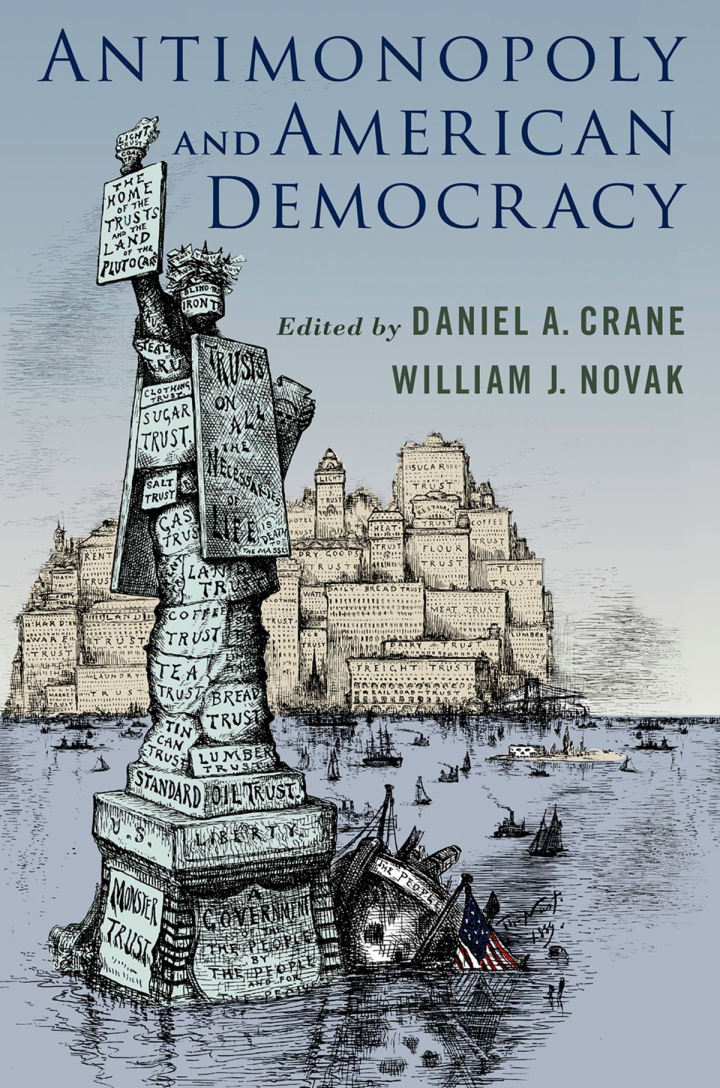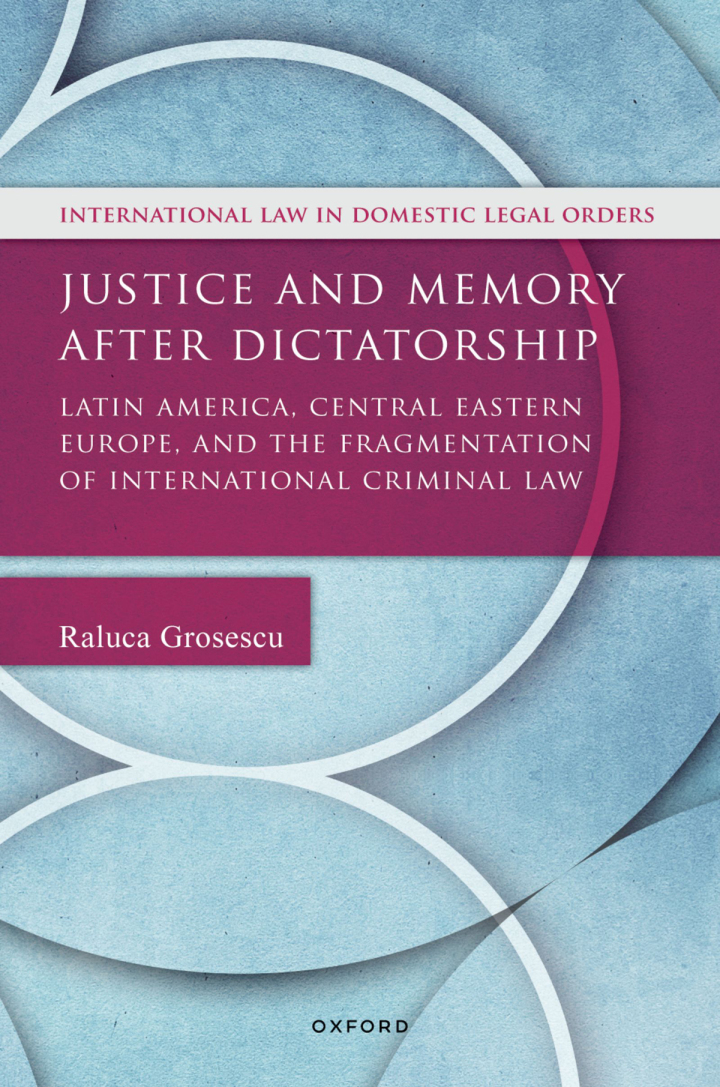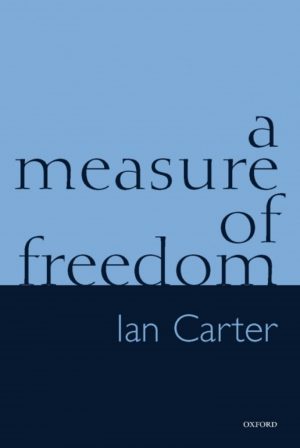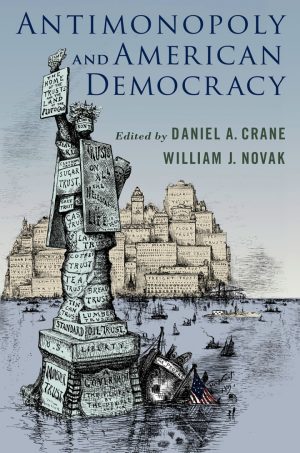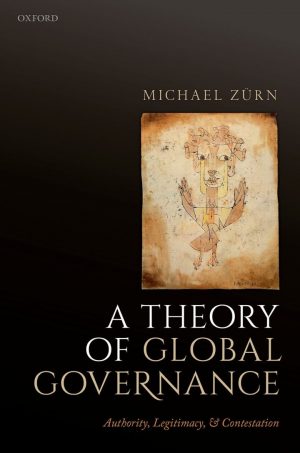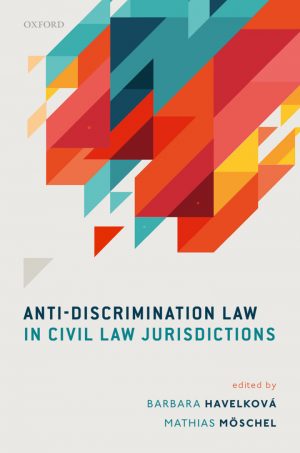Justice and Memory after Dictatorship Latin America, Central Eastern Europe, and the Fragmentation of International Criminal Law
$37.38
Attention: This is just ebook, Access Codes or any other Supplements excluded! / File Delivery: Sent Via Email within 24 hours!

